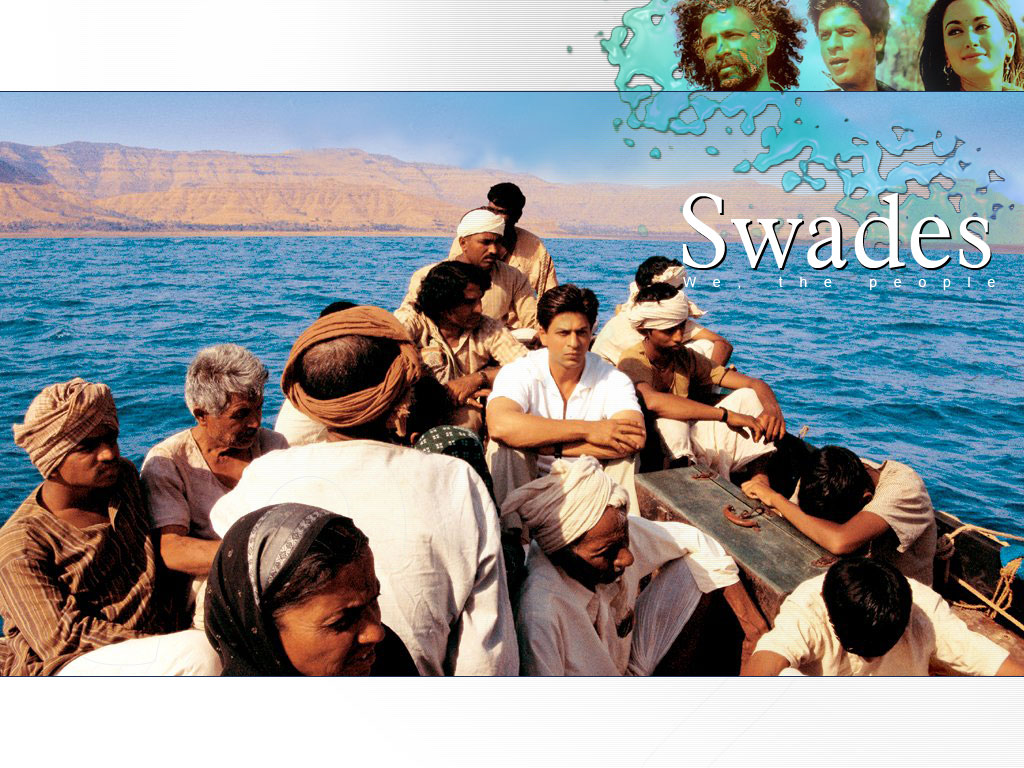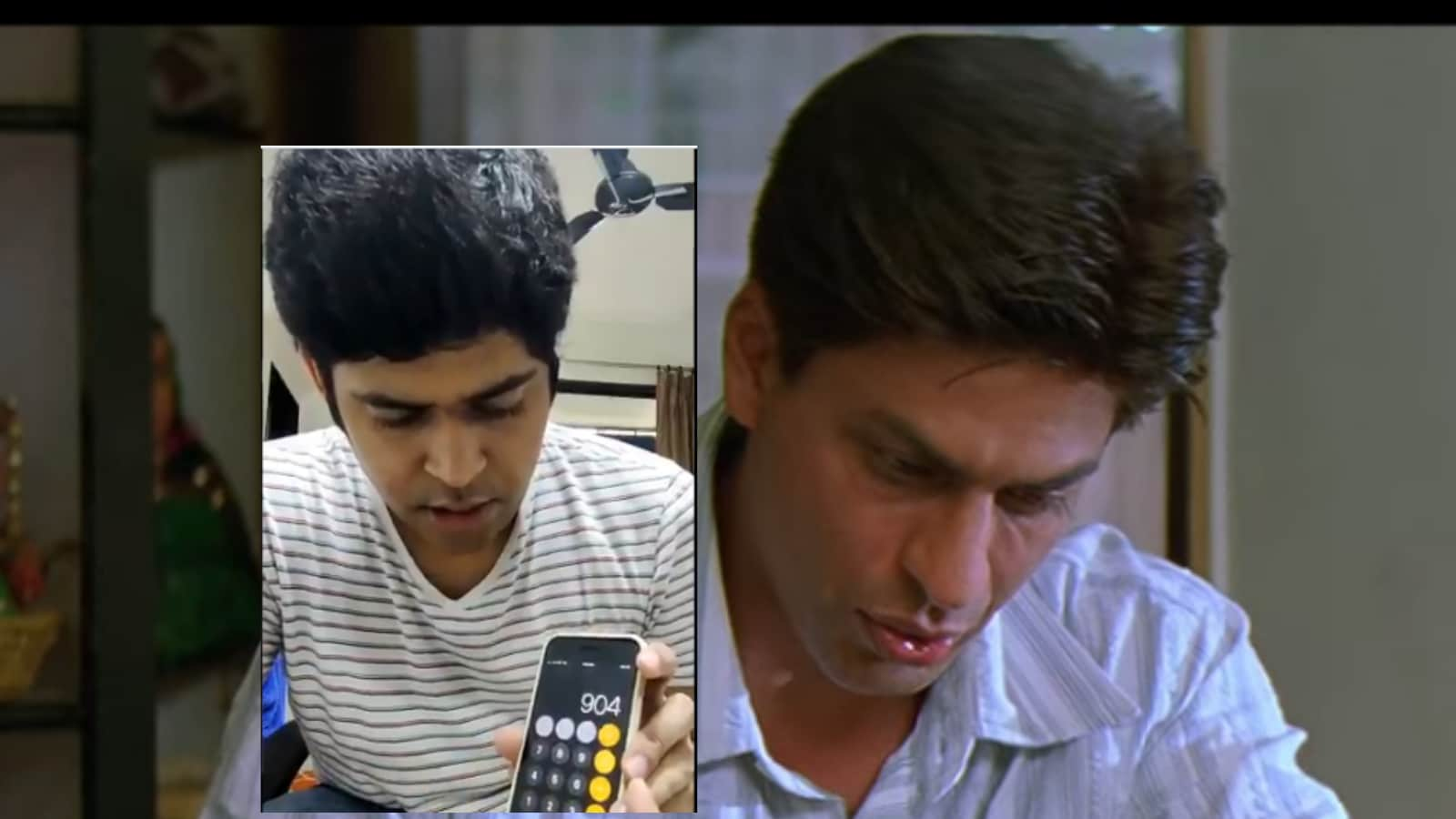
This, then, makes Swades, a woefully relevant movie. We are at a juncture in the nation’s history where spaces of freedom for the minority are continually threatened, where patriarchy still has its chokehold on the citizens, where we are still referred to as a ‘developing’ nation despite being independent for more than seven decades.

Be it the title track (sung by the composer himself), “Yun Hi Chala Chal Raahi” or “Yeh Taara Woh Taara,” each song conveyed the emotions of its characters, gave us a peek of what was going in their mind or aided in the storytelling process by saying it musically. Rahman’s soulful, memorable soundtrack was not just there for music or entertainment’s sake (although it did that job well too) it was a pleasant, meaningful companion of the narrative. In fact, Gowariker’s treatment of the story, AR Rahman’s music and the late KP Saxena’s dialogues are all elements from the film the present day directors would do well to note. Years later, the Gowariker film has successfully achieved the status of a modern classic. He was looking for something different, his fandom, however, was not.

The artiste in Shah Rukh had perhaps prompted him to break the monotony of those charming albeit predictable romances. Of course, the audience did not lap it up, because it was the early noughties, and by this time, King Khan had pretty much cemented his status as The King Khan.

His hair neatly parted to the side, often caught smoking a cigarette thoughtfully, Shah Rukh was seen playing a drastically different kind of urbane man (a NASA engineer) in the quietly rousing movie.


 0 kommentar(er)
0 kommentar(er)
